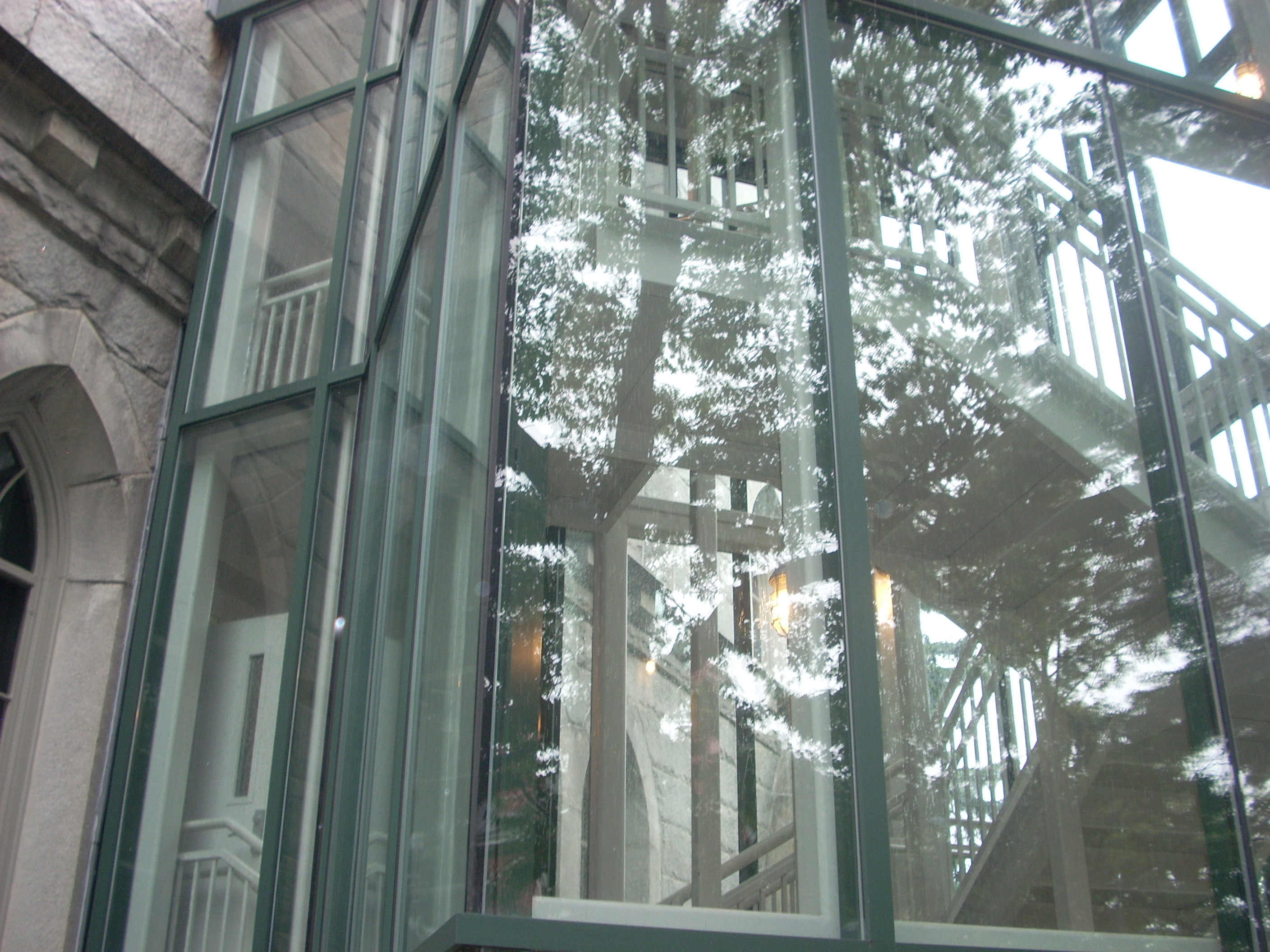
White Water and Time
Our “white water” world restricts the time we have available to receive and process the feedback other people are prepared to give us. In the harried world of postmodern life, we often are not inclined nor have the attention span to carefully plan for or reflect on the impressions of other people. At the very least, we are likely to be very selective. We will be attuned only to feedback which we can anticipate and which fits with one of the self-images that we hold dear in our multiphrenic world. It’s not so much that we don’t want to hear “bad news;” it’s more the case that we don’t have the time or wouldn’t know what to do with the “bad news” once we do get it. In our 21st Century world, we face plenty of revelations that could wound us—but we are unable to confront them.
Our “tough” corporate executive, Joseph, doesn’t have time or place—or sufficient emotional energy—to handle all of the negative feedback he anticipates receiving if he opens himself up to Q2. So he withdraws and remains distant, thereby discouraging feedback. All of this contributes to his depression. Sadly, if Joseph had the time, the place and the inclination to invite feedback, he would have found that much of it was positive, not negative. To get this kind of constructive feedback in the postmodern world in which Joseph dwells, one needs a sanctuary—a safe place—that affords both the time and space for the open reception of this feedback and the thoughtful contemplation of its implications. In Joseph’s case, this sanctuary was found in our coaching relationship.







